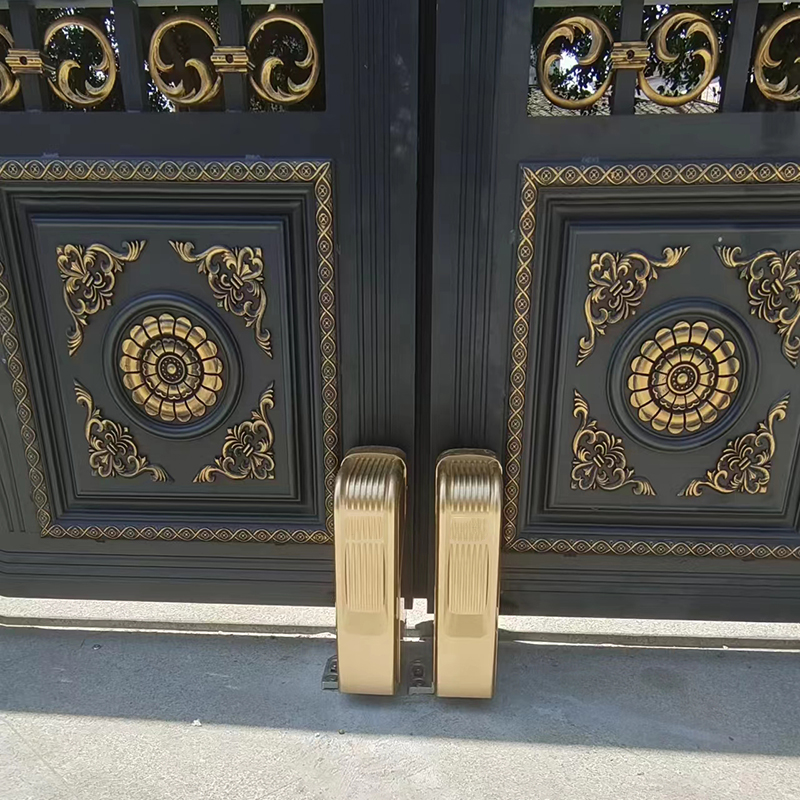The evolution of smart home technology has brought about unprecedented convenience and control for homeowners. Automatic gate openers, a staple in modern homes, are not left behind in this technological revolution. In this article, we'll explore the possibilities and benefits of integrating automatic gate openers with other smart home systems, creating a seamless and interconnected living experience.

1. Smart Home Ecosystems:
Many automatic gate opener manufacturers recognize the demand for integration with popular smart home ecosystems. Systems such as Amazon Alexa, Google Assistant, and Apple HomeKit are at the forefront of this integration, allowing users to control their gates through voice commands or smart home apps.
2. Voice Control Capabilities:
Integration with voice-controlled virtual assistants like Alexa and Google Assistant enables users to open or close their gates effortlessly using voice commands. This feature adds an extra layer of convenience, especially when arriving home with hands full.
3. Remote Access and Monitoring:
Smart home integration allows homeowners to remotely access and monitor their automatic gate openers through dedicated smartphone apps. Whether at work or on vacation, users can receive real-time notifications, control gate operations, and even grant access to guests from the convenience of their smartphones.
4. Geofencing and Automation:
Smart home systems enable the implementation of geofencing and automation features. Geofencing allows the automatic opening or closing of the gate based on the user's proximity, enhancing security and convenience. Automation features can be customized to align with specific schedules or events, such as automatically closing the gate at a certain time each evening.
5. Integration with Security Systems:
Integrating automatic gate openers with home security systems is a key advantage. The gate can be synchronized with surveillance cameras, motion sensors, and alarm systems. For instance, the gate could automatically open upon recognizing an authorized vehicle, while simultaneously activating security cameras to record the event.
6. Access Control and Guest Management:
Smart home integration facilitates advanced access control and guest management. Homeowners can provide temporary access codes or virtual keys to guests, service providers, or delivery personnel through the smart home app. This not only enhances security but also eliminates the need for physical keys or remotes.
7. Energy Efficiency and Cost Savings:
Integration with smart home systems allows users to optimize the energy efficiency of automatic gate openers. For example, gates can be programmed to operate at specific times or in response to energy consumption patterns, contributing to cost savings and environmental sustainability.
8. Enhanced User Experience:
The seamless integration of automatic gate openers with smart home systems contributes to an enhanced overall user experience. Homeowners can enjoy the convenience of a unified control interface, simplifying the management of various smart devices within their homes.
Conclusion:
The integration of automatic gate openers with smart home systems represents a leap forward in home automation, offering homeowners unprecedented control, security, and convenience. Whether through voice commands, remote access, or integration with security and access control systems, smart homes are evolving to create interconnected living spaces. As technology continues to advance, the synergy between automatic gate openers and smart home ecosystems will undoubtedly play a central role in shaping the future of home automation.